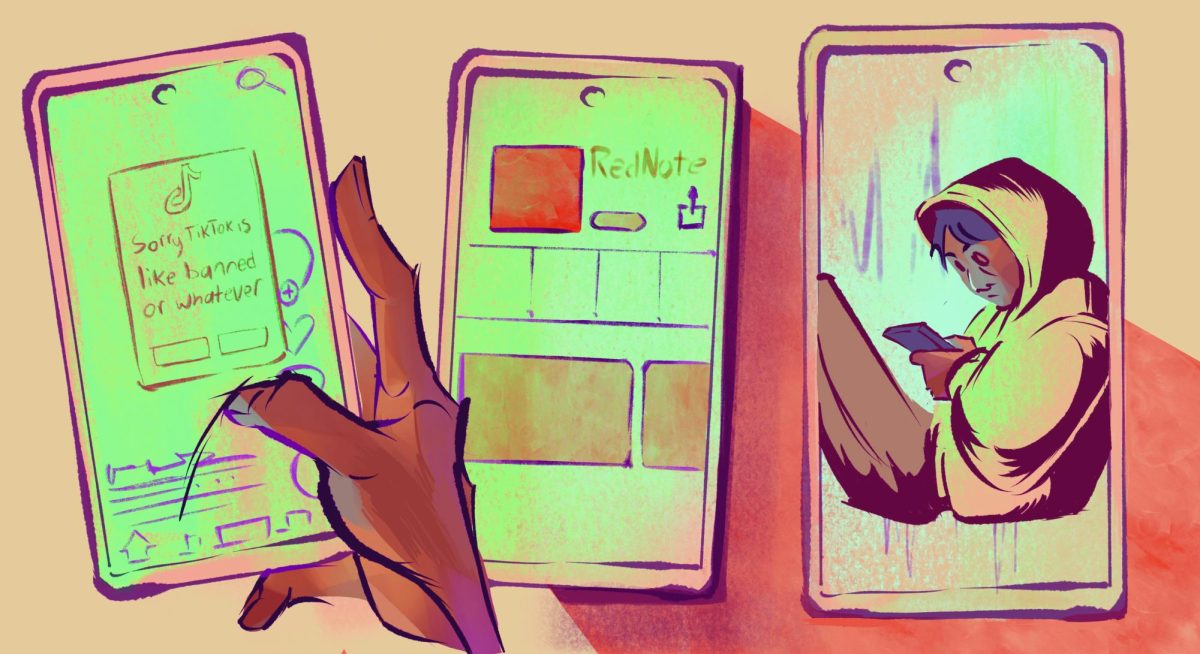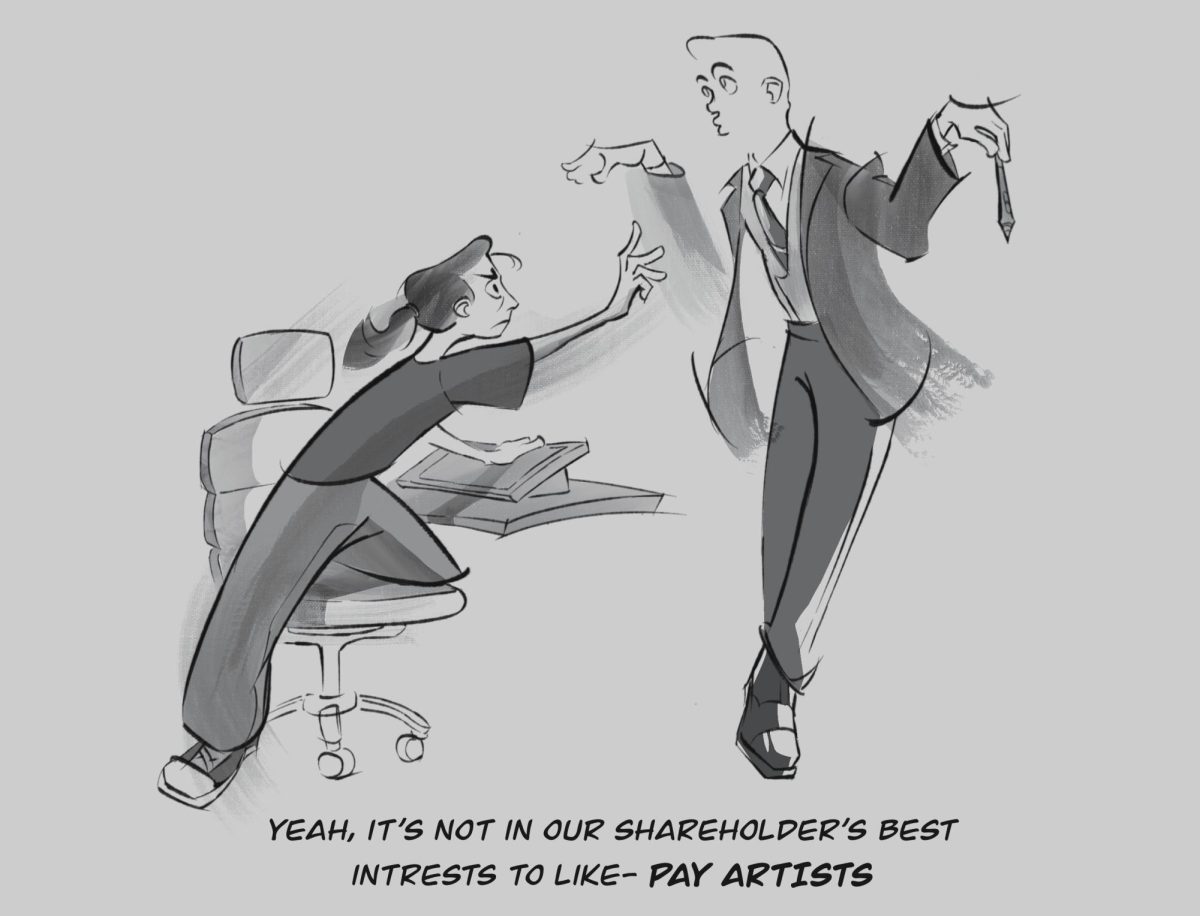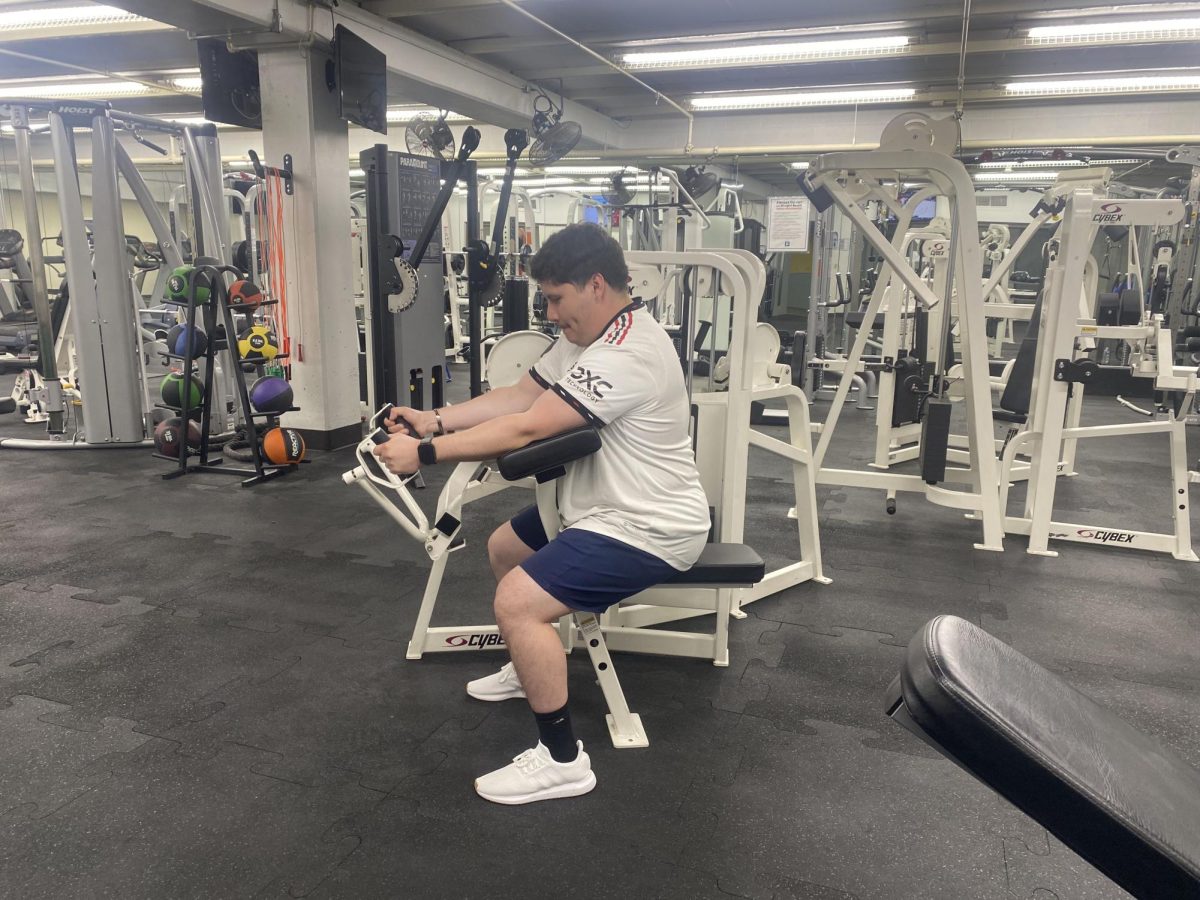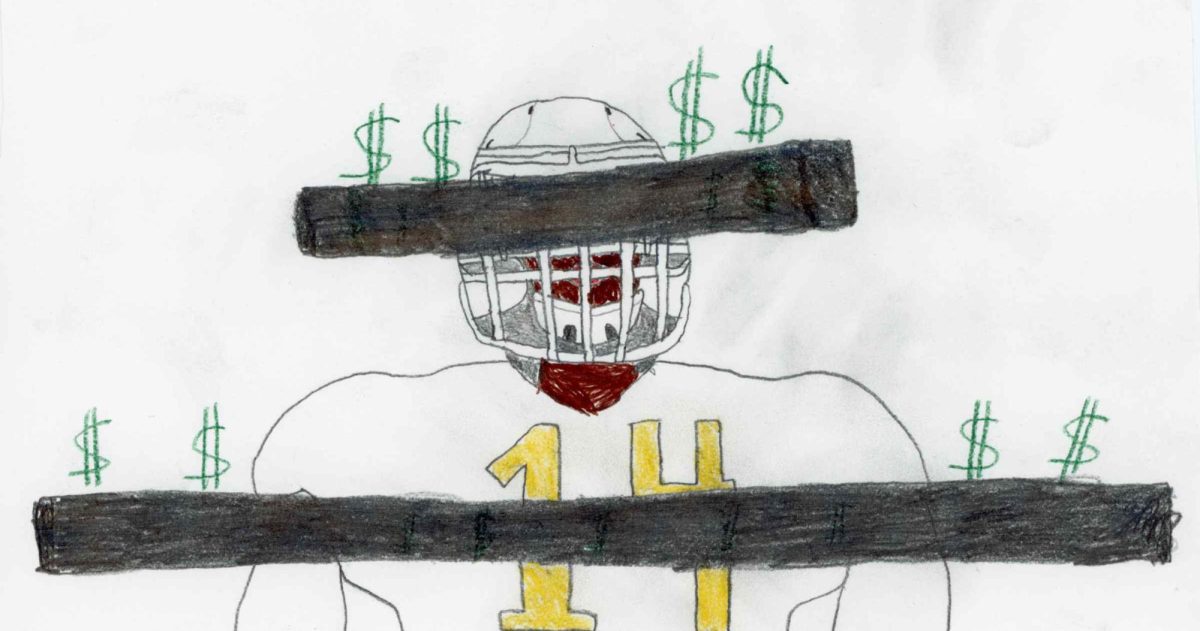Since President Donald Trump has taken office it has been an executive storm. His action has been both divisive and decisive. Among his many actions has been his extension of ByteDance – the parent company of TikTok –’s window to operate in America, on the contingency that the Chinese-based organization sells its ownership to one within the United States’ borders. This movement came as a surprise to many as Trump was the leading figure initially calling for the wildly popular social media app’s shutdown. On the heels of this seeming backpedaling, many prominent figures in the tech space are emerging in the president’s circle whose influence on the president people are calling into question.
BAN DELAY
ByteDance was asked to cease operation of all their apps in the States beginning Jan. 19. The ban was a part of the Protecting Americans from Foreign Adversary Controlled Applications Act, regulating “foreign adversary controlled applications,” according to the White House. Many people assumed that Trump, who led the charge for many years, would put the final nail in their coffin as he took office with intention of executing the laws as set forth by Congress. But to the nation’s surprise, he announced on Jan. 19, the day before taking office, that he had made an agreement with the Chinese company to ensure that they will have an extended window to make a deal while continuing their operations. This move led many to question the motives behind such a shift.
Brookhaven student Mario Garcia said he noticed the app explicitly “gave Trump all the credit” for the deal’s conception. He shared the opinion of Brookhaven student Samuel Rodriguez that the move was “most likely a bait and switch.” However, not all people share that opinion.
History and economics professor Inske Zandvliet said the president was most likely influenced by his youngest son, Barron, and new Department of Government Efficiency head, Elon Musk. One thing all sources agreed on was that the maneuver was made because “He is reaching out to younger people,” Zandvliet said. She added that Trump was likely looking for a way to appeal to Generation Z that only supported him with 33% of their votes. “You have to reward your constituents,” Zandvliet said. “We’re the ones in the know about these things, and Trump wants to appear in the know.”
REDNOTE SURGE
The threatened ban on TikTok led to a scramble by apps such as Instagram, YouTube and even Snapchat to create content systems similar in feel to TikTok. However, among the scramble there was a surprise appearance. A Chinese-based social media app nearly identical to TikTok emerged as a dark horse candidate to take a lion share of the vacant market, that app being Xiaohongshu, known better in English as RedNote.
Student Samuel Rodriguez said, “RedNote is literally just TikTok, but not banned.” This seems to have been the wider agreement between hundreds of thousands of users, many of whom took to calling themselves “TikTok refugees.” Since Trump granted TikTok a reprieve, RedNote’s cultural relevance has seemingly faded. Google trends data shows that it has returned to a complete still.
SOCIAL MEDIA CENSORSHIP
Mark Zuckerberg’s revealed connection with Trump has raised questions as to his influence on the president. He, of all the people in Trump’s circle, arguably stood to gain the most from the TikTok ban as he is the CEO of Meta, Instagram’s parent company and major competitor of TikTok. Shortly after Trump was announced as the winner of the 2024 presidential election, it was reported by NPR that Zuckerberg made a trip to the president-elect’s country club at Mar-A-Lago and discussed, among other things, the mending of fences and the censorship of United States citizens on social media platforms. According to NPR, on Jan. 29, Meta agreed to pay Trump’s campaign $25 million in a settlement stemming from a lawsuit regarding Meta’s suspension of Trump’s social media accounts after the Jan. 6 riot. It’s the latest in a trend of high-profile companies’ seeming attempts to get in the president’s good graces, especially after his repeated threats to litigate his critics.
BAN BACKLASH
Another effect of the TikTok ban is the effect on businesses. Not only that of ByteDance, but American businesses and entrepreneurs who rely on the advertisement and exposure from the social media app. Garcia said that “a lot of businesses made money on it and relied on it.” Additionally, Zandvliet questioned of American businesses’ relationship to TikTok: “Are they advertising? If they are, then they’re losing money.”
One less-talked about topic is that ByteDance not only runs TikTok, but several apps, including several mobile games and the extremely popular video-editing app CapCut. These sweeping shutdowns have impacted all sorts of people and according to Brookhaven student Ryan Mitchell, “Marvel Snap (a game owned by ByteDance) is my favorite game and soon there’s a chance that I can’t even play it if the ban stands.”
ByteDance’s ban has not been lifted, however, it is still hanging over them like the sword of Damocles. In order to continue operations in the U.S., they have to divest themselves of their ownership. But the added pressure from the ban means that they will not be able to make a deal for nearly as much as their assets are worth. The remaining question is that of who may emerge as the buyer to keep the app alive in the States. Everyone from famous YouTuber Mr Beast to Shark Tank’s Kevin O’Leary have expressed interest in TikTok, the crown jewel of ByteDance’s portfolio. Recently, Trump signed an order to create a federal sovereign wealth fund and stated that the government itself could take up to 50% of TikTok’s total ownership.
Editor’s note: as of Feb. 13, TikTok is now back in the U.S. on Apple’s App Store and the Google Play Store.








